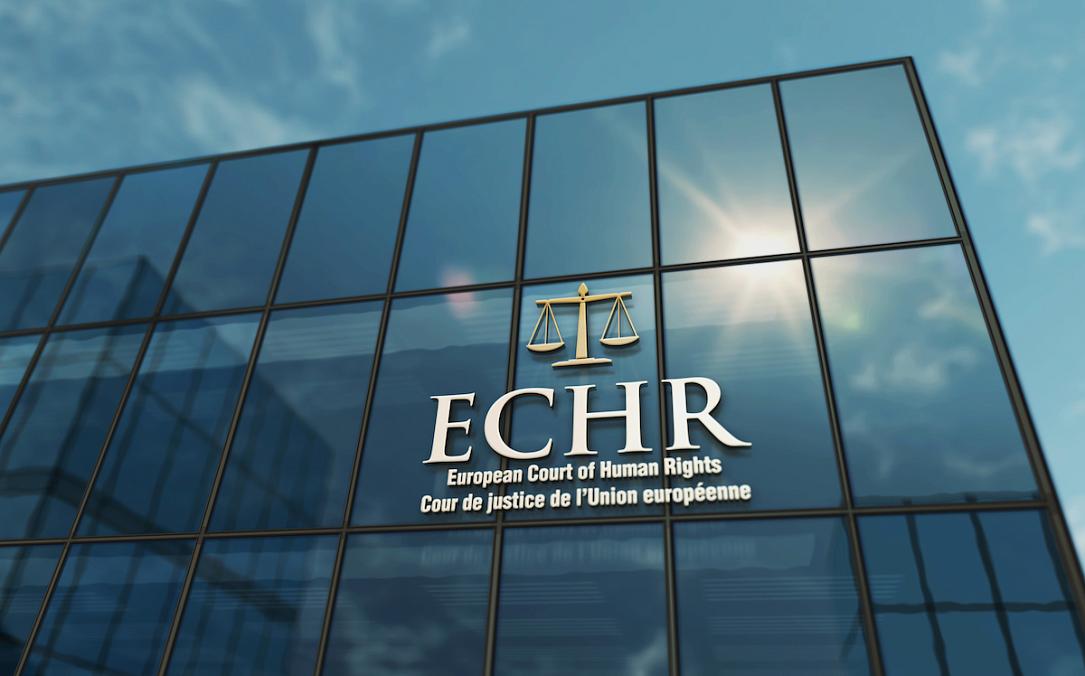European Human Rights Court condemns Romania over Holocaust crimes retrials



The European Court of Human Rights (ECHR) ruled against Romania on April 23 in a case related to the retrial and acquittal of two army officers in the 1990s who had been convicted in the 1950s of war crimes and crimes against humanity for their involvement in, among other crimes, the persecution of Romanian Jews in 1941. More precisely, the case targeted the Iași pogrom and the placement of a high number of Jews in ghettos, which the two applicants, Leonard Zăicescu and Ana Fălticineanu, survived.
The applicants are Romanian nationals born in 1927 and 1929, respectively, and currently live in Bucharest. They are Jews and Holocaust survivors.
Zăicescu is a survivor of the Iași pogrom who witnessed members of his family killed there. He was then taken from his home and put on a "death train" in a carriage with 140 people and was placed in the Jewish ghetto of the town of Podul Iloaiei (Romania). Only one-fifth of passengers arrived alive, the court said.
Meanwhile, Fălticineanu was taken from her home in Cernăuți (Bukovina, part of Romania at the time) in 1941 and placed in a ghetto awaiting transportation to Transnistria. After a year in the appalling conditions there, she went into hiding in a relative's house, which she did not leave for three years, without access to education.
"The Court found in particular that the revision of historical convictions for crimes connected with the Holocaust had not been adequately justified by the Government, and must have caused feelings of vulnerability and humiliation in Holocaust victims such as the applicants," reads the judgment.
The ECHR held that Romania was to pay the applicants EUR 8,500 regarding costs and expenses.
In the 1990s, after the fall of the Communist regime in Romania, several war crimes judgments were reopened, including "R.D.'s and G.P.'s (both were dead at this point), whose convictions were quashed by the Supreme Court of Justice," reads the ECHR judgment. The court acquitted the two army officers, holding that they had been merely complying with orders concerning the deportation of Romanian Jews and had had no involvement in the massacres of Jews, which had been carried out by German troops only.
"Those proceedings allegedly took place in public with appointed legal representation for the deceased military personnel. The case files were deposited for several years in the secret-services archives and subsequently in the archives of the National Council for the Study of the Archives of the Securitate (CNSAS)," the same source said.
In 2016, Leonard Zăicescu and Ana Fălticineanu found out about the acquittal proceedings by accident during a conference held by the Elie Wiesel National Institute for the Study of the Holocaust in Romania and tried to gain access to the case files unsuccessfully via the courts. They finally obtained copies of the case files through the efforts of the INSHR-EW.
The applicants "complained that the retrial proceedings' taking place, the resulting acquittals and the failure to inform them and the general public had denied them an effective investigation into the Holocaust, and had damaged their psychological integrity as Holocaust survivors. They also alleged the authorities had failed to take into account the anti-Semitic nature of the crimes, which had amounted to discrimination," the ECHR said.
They also complained of a lack of access to the case files and said that the authorities' attitude had amounted to discrimination.
In its judgment, ECHR ruled that "the findings of the Supreme Court of Justice - specifically that only German troops had carried out on the territory of Romania actions against Jews and that R.D. had only followed orders issued by a superior - in the acquittal decisions of 1998 and 1999 had been excuses or efforts to blur responsibility and put blame on another nation for the Holocaust contrary to well established historical facts - all elements of Holocaust denial and distortion."
It also said that the Romanian authorities should have publicised the retrial proceedings and their outcome. Moreover, it said that the Government had not provided relevant and sufficient reasons for the revision of historical convictions for crimes connected with the Holocaust. "The acquittals had 4 therefore been "excessive" and "not necessary in a democratic society," leading to a violation of Article 8 read in conjunction with Article 14."
irina.marica@romania-insider.com
(Photo source: Awargula/Dreamstime.com)